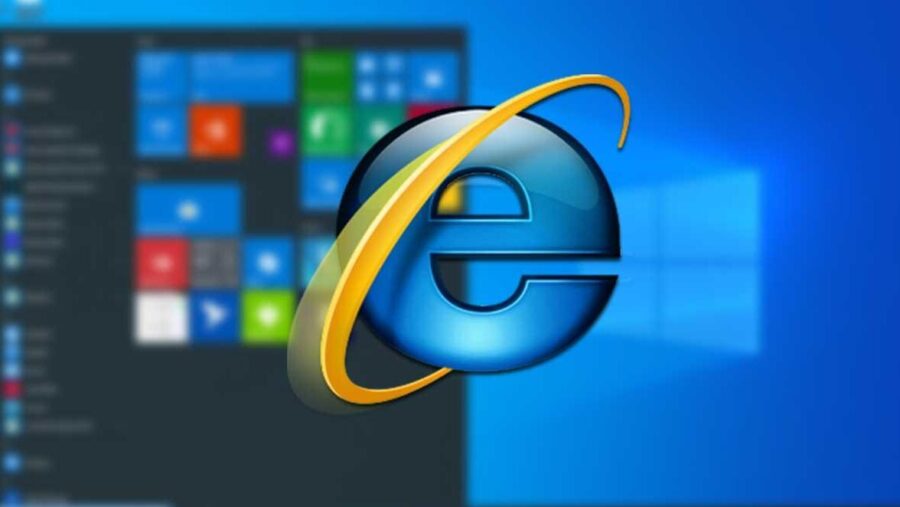Internet Explorer Is Being Permanently Canceled
The end of an era!
This article is more than 2 years old

These days, Internet Explorer isn’t so much a web browser as it is a victim of memes. Once upon a time, the browser ruled the roost, but along with the lines of Blockbuster, it has quickly become a thing of the past. It would appear that Microsoft also believes that Internet Explorer is what some might call a 90s relic, as TimesNow reports that the web browser is being permanently cancelled on June 15.
Microsoft has been planning Internet Explorer’s final days for some time now. A year ago, the tech giant announced the June 15 death date for Internet Explorer, a three-year cut into the original plan to axe the browser in 2025. It seems ironic that the browser’s death has sped up but alas, the web browser that made its debut in 1995 will soon be no more. IE’s 1995 debut came as a paid add-on for Windows 95 users and the browser would go on to become the dominant force in web browsing in the late 90s and early 2000s. In 2003 the browser hit its peak, with a reported 95% usage share.
Since Internet Explorer’s 2003 heyday, the web browser has entered a steady decline. Whereas once IE was the be-all and end-all of surfing the web, be it updating your MySpace page or checking out the latest videos on some new site called YouTube (which reportedly is doing quite well these days), the browser quickly got outrun by competitors such as Google Chrome. Now Internet Explorer is the byword for slow speeds and sketchy security and hasn’t received any development since 2016. This lack of development is part of Microsoft’s reasoning for shutting the browser down. However, the main factor behind Internet Explorer’s demise is its younger browser sibling, Microsoft Edge. “The future of Internet Explorer on Windows 10 is in Microsoft Edge,” says Microsoft Edge Program Manager, Sean Lyndersay. The future of Internet Explorer? Will the afterlife prove fruitful for the browser?
For those few out there still using Internet Explorer as their main browser (a select few most likely), there is no need to fret that all will be lost on June 15. Sean Lyndersay has stated that IE will live on in some shape or form on Microsoft Edge; “Microsoft Edge has Internet Explorer mode (‘IE mode’) built in, so you can access those legacy Internet Explorer-based websites and applications straight from Microsoft Edge.” This news will be welcome to the sub 2% of web browser users who are still surfing the net on IE.
The sub 2% web browser market share stat for Internet Explorer (as of May 2022 via StatCounter), shows just how far Internet Explorer has fallen. The wider usage stats also paints a picture of the task Microsoft still faces in producing a viable web browsing alternative to today’s main competitors. As of May 2022, Google Chrome accounted for a massive 64.95% of the browser market share. This puts Chrome way ahead of the field, with Safari ranking in second place with 19.01% and Microsoft Edge a distant third with 3.99%. While it does appear that Chrome is the king of the web in the modern era, 90s kids, millennials and all-around nostalgic folk will be proud that Chrome’s 64.95% market share is still some way off of Internet Explorers 2003 high-water mark of 95%.










